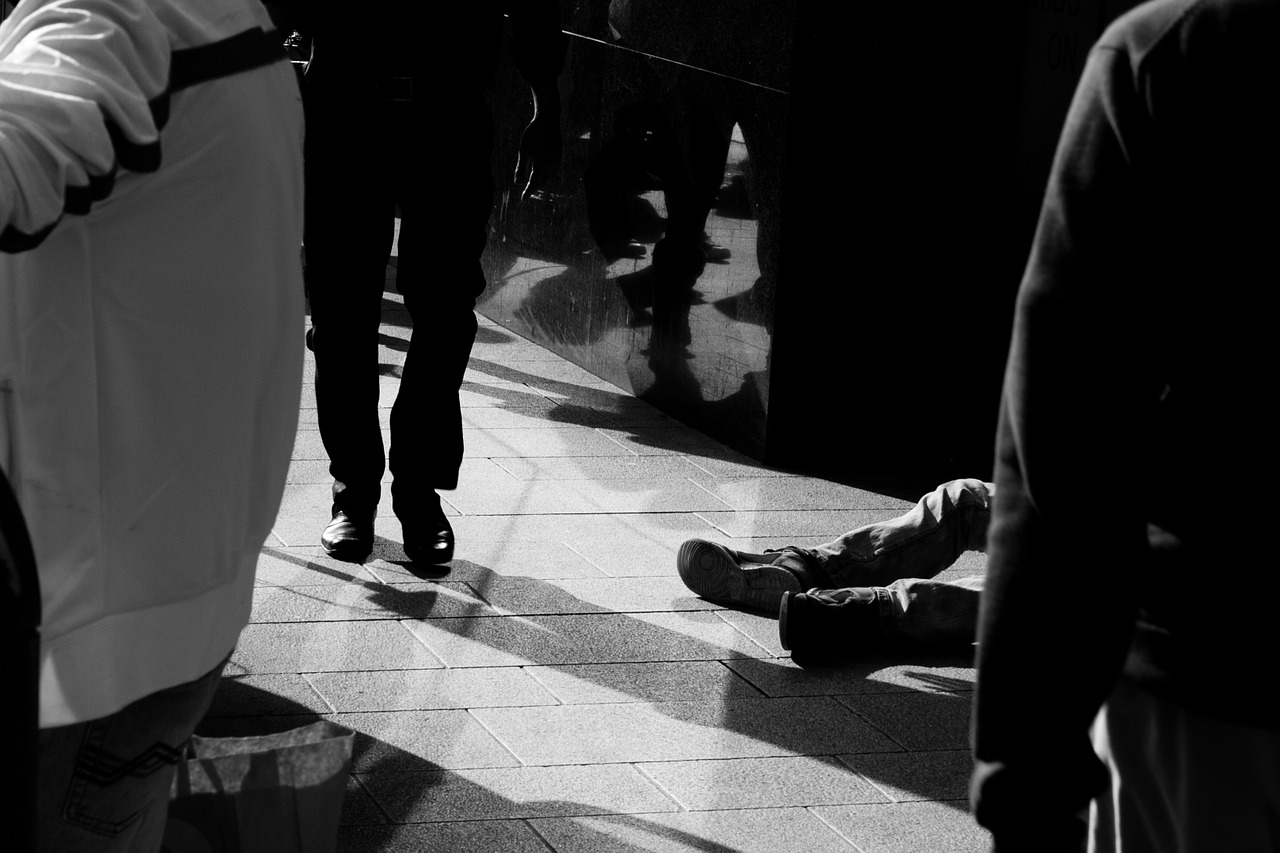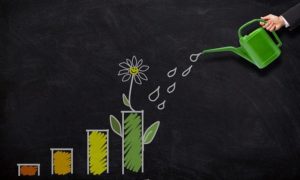Oxfam India said after a survey that richest 1 per cent in India has cornered 73 per cent of the wealth generated in the country last year. Further, 67 crore Indians consist of the population’s poorest half shows that their wealth has risen by just 1 per cent.
Oxfam has claimed that the gap between the super rich and the rest of the world has increased last year as the wealth continued to be owned by a small percentage of people. As per Oxfam around 82% of money generated last year went to the richest 1% of the global population and the poorest half saw no increase at all.
This shows the failing system and it is blamed that tax evasion, firms’ influence on policy, erosion of workers’ rights, and cost cutting are widening the gap.
The annual Oxfam survey is most watched, and there are discussions in detail at the World Economic Forum Annual Meeting where rising income and gender inequality is among the key discussion points for the world leaders. This annual conference attracts many of the world’s top political and business leaders.
Oxfam’s Report: Indian Context
Similar report we get from the World Income Inequality Report 2018, which had previously showed that 55% of India’s wealth is occupied by 10% Indians. India is considered the second country behind Russia where wealth distribution has highest inequality. Further, a study found, In India, it would take 941 years for a minimum wage worker in rural India to earn what the top paid executive at a leading Indian garment firm is earning in a year.
How does Oxfam retrieve the data?
Generally, Oxfam gets its data from Forbes and the annual Credit Suisse Global Wealth data book, who gives the distribution of global wealth going back to 2000. In the survey, Oxfam uses the value of an individual’s assets, mainly property and land, minus debts, to get what he or she “owns”. However, the data excludes wages or income.
This methodology has been criticized. For example, a student with high debts, but with high future earning potential, would then be considered poor under the criteria used.
Meanwhile, Oxfam said even if the wealth of the poorest half of the world was recalculated to exclude people in net debt then their combined wealth would still be equal to that of just 128 billionaires.
Increasing Income Inequality
As per Oxfam, the results of the global survey of 70,000 people surveyed in 10 countries, reflects a groundswell of support for action on inequality and nearly two-thirds of all respondents taking the survey think the gap between the rich and the poor needs to be urgently addressed.
The government should work to reorganize the economic system to work for humanity as a whole rather than small elite and criticized how the wealthy are able to exercise excessive influence over government policy-making.












Pingback: Income Inequality under Modi Government Shrinks by Small Margin